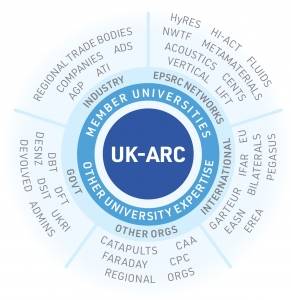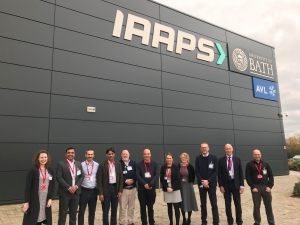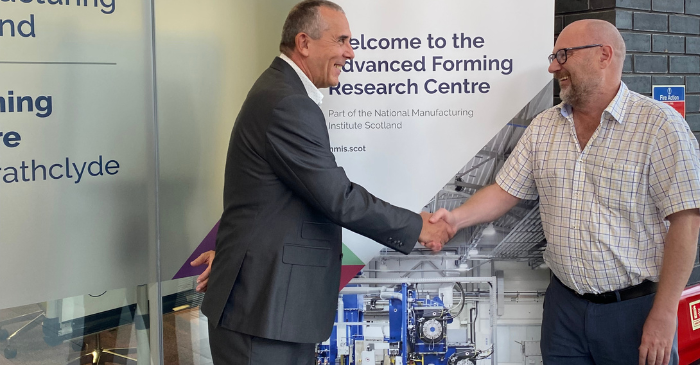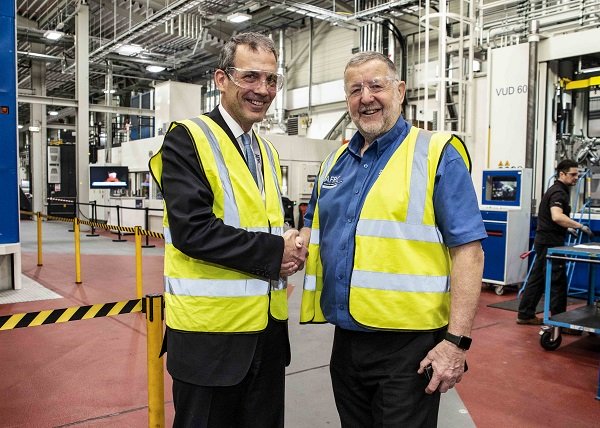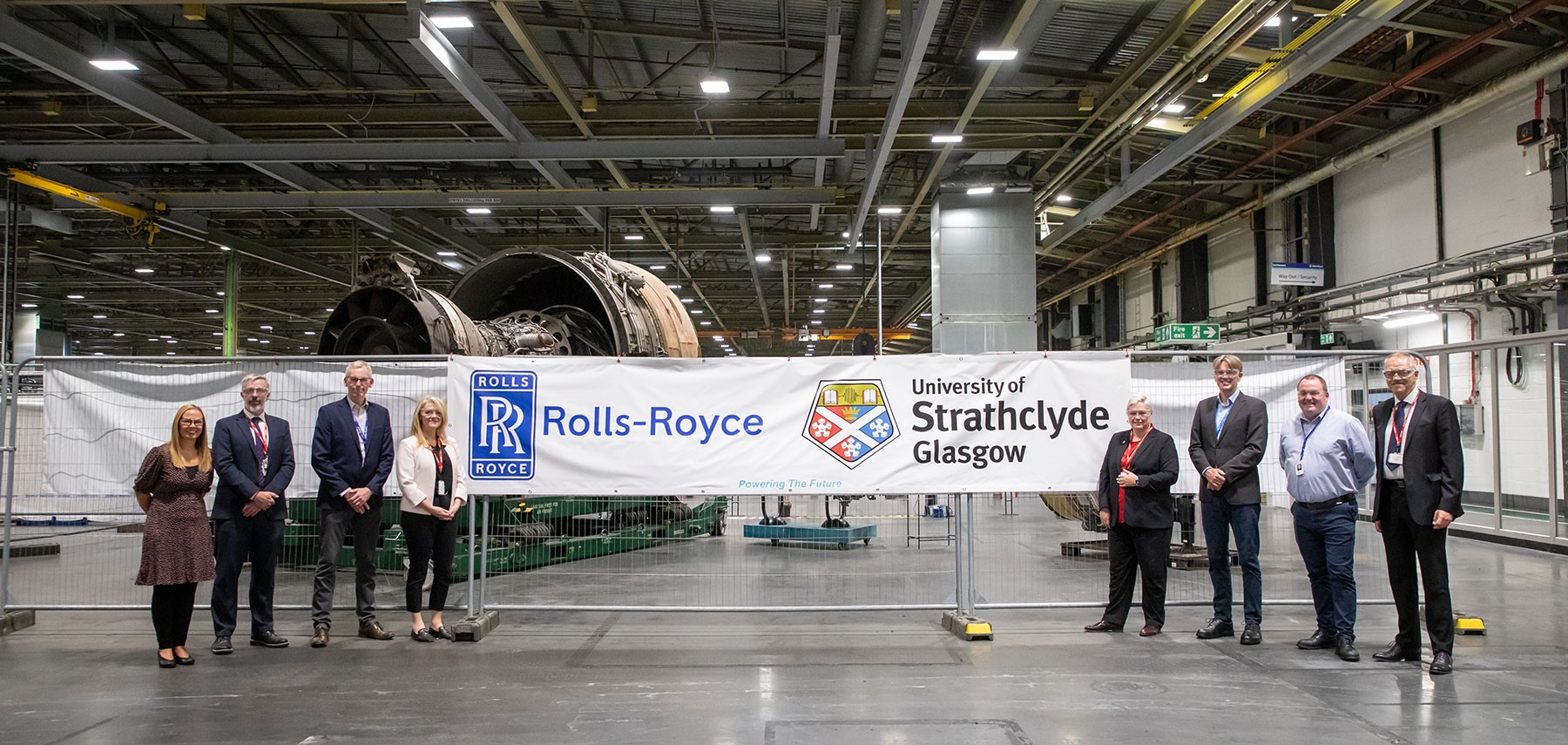On the 20th of February UK ARC held its inaugural one-day Research Directions conference at the Royal Aeronautical Society.
The day was attended by academics from many universities, including representatives from all the 11 founding universities of the consortium, government departments and from industry. We were pleased to share our developing knowledge; research priming work and networking activities with stakeholders and have presentations from stakeholders on external initiatives that bear upon academia. There were useful panel discussions held after overview presentations that explained the narratives and outcome from each of the six theme groups. UK-ARC’s research themes are More Energy Efficient Aircraft (MEEA), Hydrogen, Electrification, Materials and Manufacturing, Sustainable Aviation Fuels and Air Transport.
UK-ARC’s mission is to build a community that encourages aligned and impactful research. As we move towards UK-ARC2, we can see that our theme group workshops, direct ATI and sector networking and the conference are strengthening research connections between academics and the broad aerospace and aviation community.
Sir Iain Gray chaired
the Conference
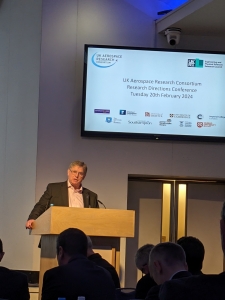

Valuable connections were made
during the networking breaks
More Energy Efficient Aircraft Panel discussion
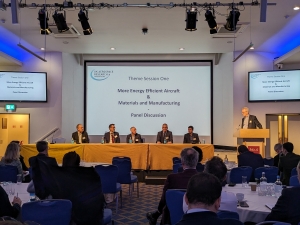
 Training in Sound Futures
Training in Sound Futures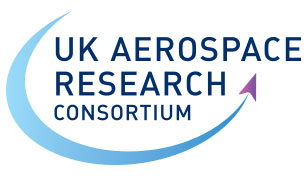

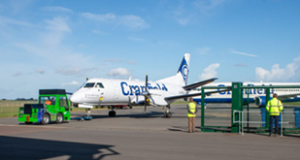
 UK-ARC member University of Manchester plus the University of Bath, Cardiff University, GKN Aerospace, Marshall and Parker Meggitt are partners in the HyFIVE consortium supported by the ATI. The consortium, led by Marshall, is poised to achieve significant milestones, including the development and testing of scalable liquid hydrogen fuel system technologies, culminating in a fully integrated hydrogen fuel system ground demonstration. Read the GKN press release
UK-ARC member University of Manchester plus the University of Bath, Cardiff University, GKN Aerospace, Marshall and Parker Meggitt are partners in the HyFIVE consortium supported by the ATI. The consortium, led by Marshall, is poised to achieve significant milestones, including the development and testing of scalable liquid hydrogen fuel system technologies, culminating in a fully integrated hydrogen fuel system ground demonstration. Read the GKN press release 